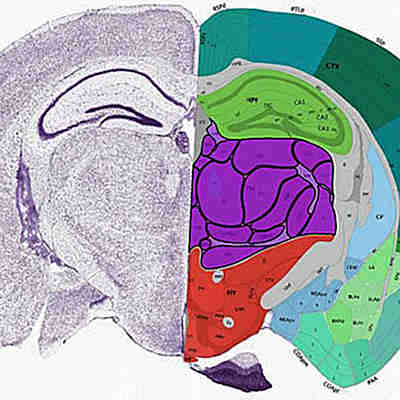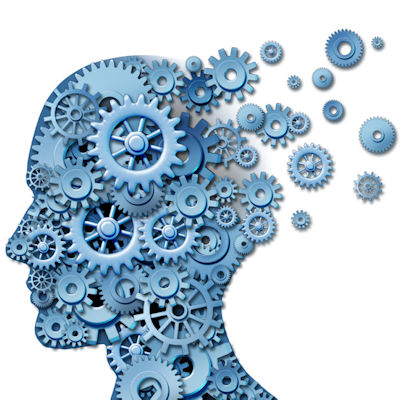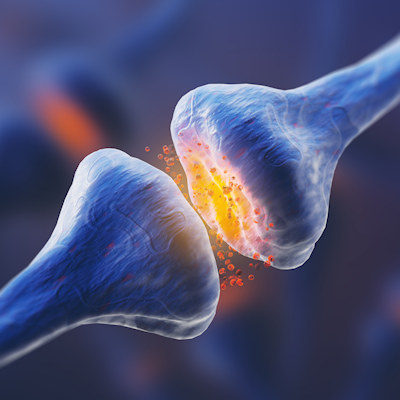September 21, 2022 -- Using novel artificial intelligence (AI) techniques, Mount Sinai researchers have uncovered the structural and cellular features of human brain tissues to help determine the causes of Alzheimer’s disease and other related cognitive disorders.
Their study, published September 21 in the journal Acta Neuropathologica Communications, involved examining the causes of cognitive impairment by using an unbiased AI-based method -- as opposed to traditional markers such as amyloid plaques -- which revealed unexpected microscopic abnormalities to predict the presence of cognitive impairment.
The two sets of deep-learning models trained and used by the researchers were able to predict the presence of cognitive impairment with an accuracy that was better than random guessing. Going forward, the team is looking at future studies that could include deploying larger scale AI models and further dissection of the algorithms to increase their predictive accuracy and reliability.
"AI represents an entirely new paradigm for studying dementia and will have a transformative effect on research into complex brain diseases, especially Alzheimer's disease," said co-corresponding author Dr. John Crary, PhD, professor of pathology, molecular and cell-based medicine, neuroscience, and AI and human health, at the Icahn School of Medicine at Mount Sinai. "The deep learning approach was applied to the prediction of cognitive impairment, a challenging problem for which no current human-performed histopathologic diagnostic tool exists."
Copyright © 2022 scienceboard.net









